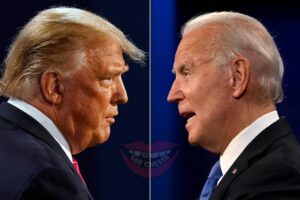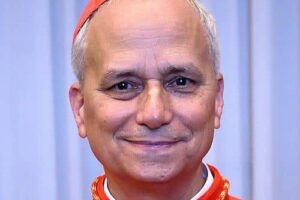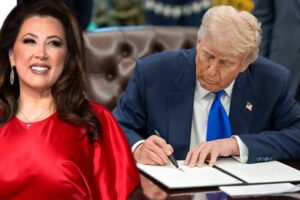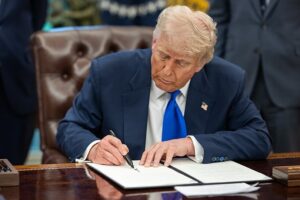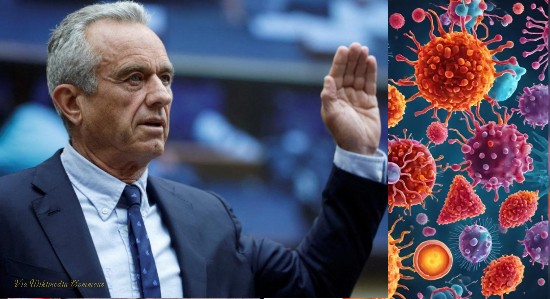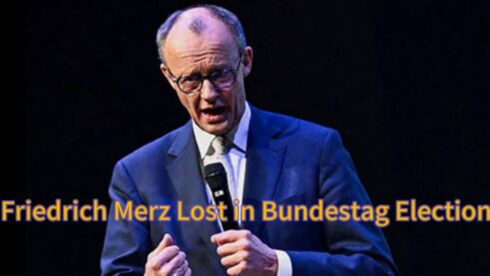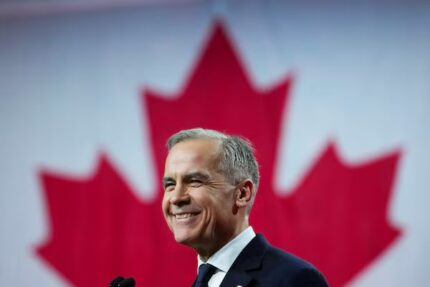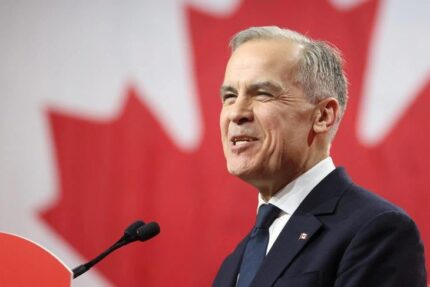Health officials are sounding alarms over the potential for a “Quad-demic Threat” this season, as COVID-19, influenza, respiratory syncytial virus (RSV), and norovirus circulate simultaneously. This unprecedented convergence of illnesses poses a severe threat to public health, overwhelming healthcare systems and endangering vulnerable populations.
COVID-19 remains a key concern, with new variants keeping infection rates volatile. Meanwhile, influenza season is approaching its peak, RSV continues to challenge pediatric hospitals, and norovirus—a highly contagious gastrointestinal virus—adds to the burden. Officials are urging citizens to adopt preventive measures, including vaccination for COVID-19, influenza, and RSV, as well as strict hygiene practices such as frequent handwashing and surface disinfection. These combined efforts can help mitigate the spread and protect high-risk groups, including children, seniors, and those with compromised immune systems.
The overlapping symptoms of these illnesses—fever, cough, fatigue, and gastrointestinal distress—could complicate diagnosis and treatment, emphasizing the need for early action. Vaccines are a cornerstone of prevention, but their effectiveness relies on public trust and widespread adoption, which faces new challenges amid political debates.
The Controversy of Robert F. Kennedy Jr.’s Leadership During A Quad-demic Threat
Adding to the uncertainty is the potential appointment of Robert F. Kennedy Jr. to a key health department position. Known for his controversial views on vaccines and public health policies, Kennedy’s leadership during a Quad-demic Threat raises significant concerns among health experts.
Kennedy has been a longstanding critic of vaccines, frequently questioning their safety and necessity despite overwhelming scientific evidence supporting their effectiveness. His past statements have been widely criticized for spreading misinformation, potentially fueling vaccine hesitancy. In a time when public trust in vaccines is critical, his appointment could undermine efforts to promote immunization against COVID-19, influenza, and RSV, leading to lower vaccination rates and higher disease transmission.
Public health responses depend on clear, science-based messaging, but Kennedy’s rhetoric risks polarizing public opinion. His leadership could clash with established agencies such as the CDC and WHO, creating mixed messages that may confuse citizens and weaken coordinated efforts to address the quad-demic.
Quad-demic Threat Preparedness: Strain on the Healthcare System
Healthcare systems are already bracing for the potential surge in cases from this multi-pronged health crisis. Hospitals, particularly emergency departments and pediatric units, are at risk of being overwhelmed by simultaneous outbreaks of COVID-19, influenza, RSV, and norovirus.
A Kennedy-led health department might prioritize policies that deviate from evidence-based practices, potentially affecting resource allocation and vaccine distribution. Resistance from healthcare professionals and organizations could also arise, given his history of challenging widely accepted medical practices. This lack of alignment could disrupt efforts to manage the surge, leaving healthcare workers and patients vulnerable.
Effective public health leadership is essential to guide the allocation of resources, implement preventive measures, and communicate accurate information. Without it, the healthcare system’s ability to respond to the quad-demic could be severely compromised, exacerbating the crisis.
Navigating Quad-demic Threat Challenges
The fight against a quad-demic requires unified, science-driven strategies, but Kennedy’s potential leadership introduces significant challenges. Coordinated public health efforts—including widespread vaccination campaigns, public awareness initiatives, and adherence to hygiene practices—are crucial to mitigating the spread of these illnesses. However, his controversial stance on vaccines could foster confusion and resistance among the public.
Public health experts emphasize the need for strong leadership to navigate the complex dynamics of the quad-demic. This includes prioritizing vaccines as a preventive measure, maintaining public trust, and ensuring clear communication with citizens. Kennedy’s history of vaccine skepticism risks exacerbating existing hesitancy, particularly among communities already doubtful of public health initiatives, making it harder to achieve widespread immunization and containment of the illnesses.
The potential quad-demic poses a severe threat that requires immediate and decisive action. Vaccination, hygiene, and adherence to evidence-based guidelines are essential to mitigate the impact of COVID-19, influenza, RSV, and norovirus. The added uncertainty of Robert F. Kennedy Jr.’s leadership highlights the critical importance of science-based decision-making and public trust in health policies.
As the nation braces for this health crisis, strong, transparent, and unified leadership will be key to preventing widespread illness and saving lives. Citizens are urged to stay informed, follow public health recommendations, and prioritize preventive measures to protect themselves and their communities.

